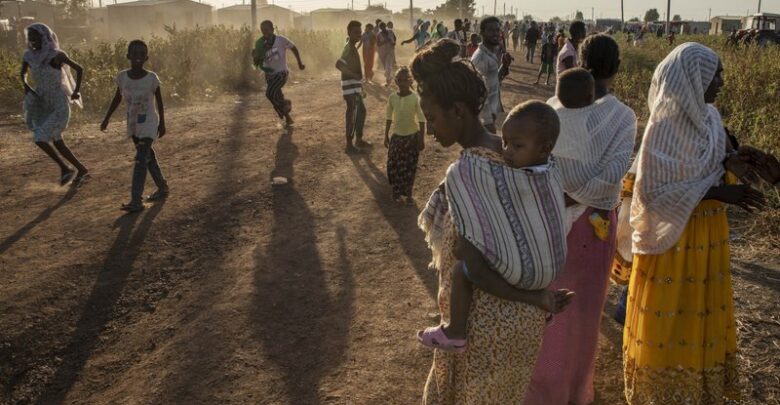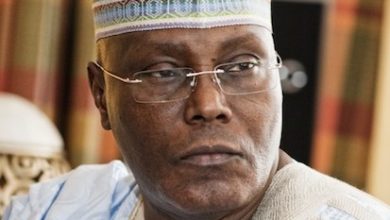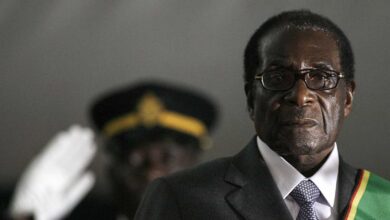World
UN Report Claims Three Percent Of The World Suffered Acute Food Insecurity In 2022

A new United Nations (UN) report claims over 250 million people across 58 countries faced acute food insecurity in 2022, a sharp rise from 193 million the previous year, due to conflicts, climate change, the COVID-19 pandemic, and the Russia- Ukraine war, reported Africa News.
The findings were published in a report released on Wednesday by the Global Report on Food Crises, an alliance of humanitarian organizations founded by the U.N. and European Union. Acute food insecurity refers to a situation when a person is unable to get adequate food and that puts her/his life in immediate danger.
As per the report, people faced starvation and death in Afghanistan, Burkina Faso, Haiti, Nigeria, Somalia, South Sudan and Yemen.
UN Secretary-General Antonio Guterres said that as per the report, the total number of people facing acute food insecurity and needing immediate food aid had increased for the fourth consecutive year. He said it indicates that the organization’s goals to end world hunger have not been implemented properly.
Guterres said increasing poverty, inequalities, climate crisis, natural disasters, and rampant underdevelopment also contribute to global food insecurity.
The report also found that the severity of the problem increased over the years, “highlighting a concerning trend of deterioration”.
Rein Paulsen, director of emergencies and resilience for the UN Food and Agriculture Organization, said an interplay of causes was driving hunger. Conflicts, climate shocks, the pandemic, and the Russia-Ukraine war had adversely impacted the global trade in fertilizers, wheat, maize, and sunflower oil.
He said the poorest countries that are dependent on food imports have been the worst sufferers. He said that it is required that countries now invest more in agricultural interventions that anticipate food crises and can help to prevent them.
The UN director of emergencies and resilience said the world needs to equalize the disequilibrium, the mismatch that exists between the money allotted, what that funding is spent on, and the types of interventions that are required to make a change.






